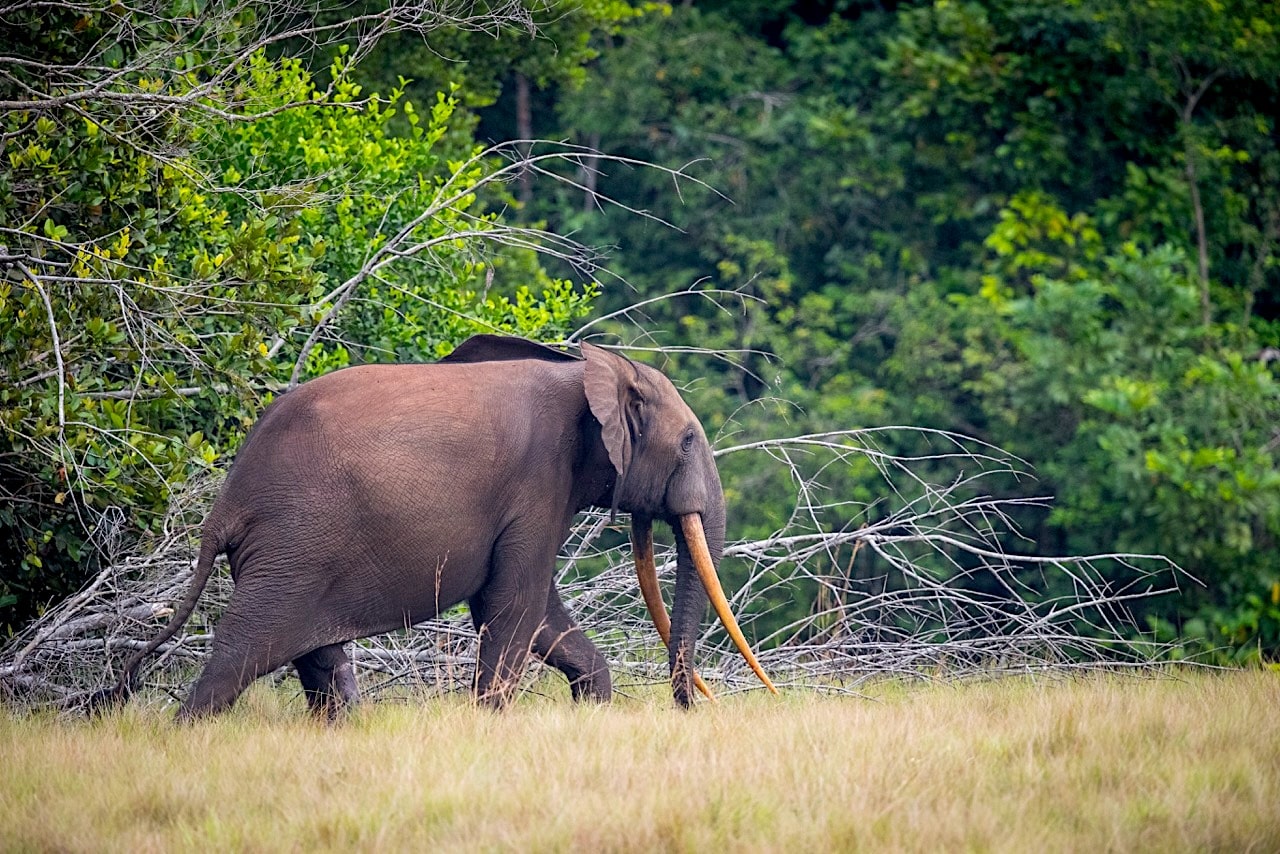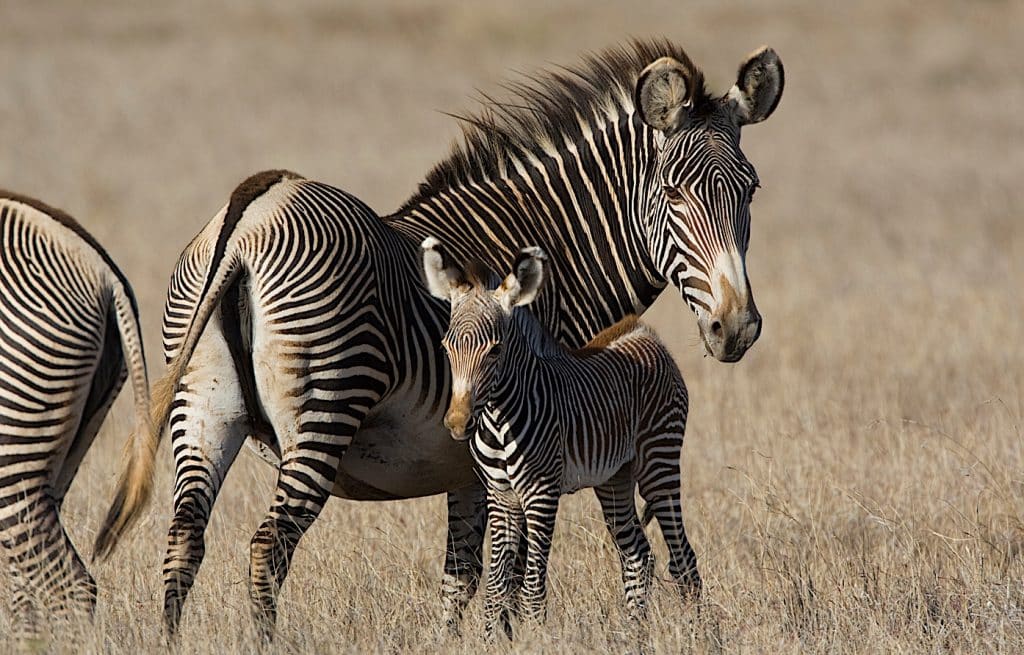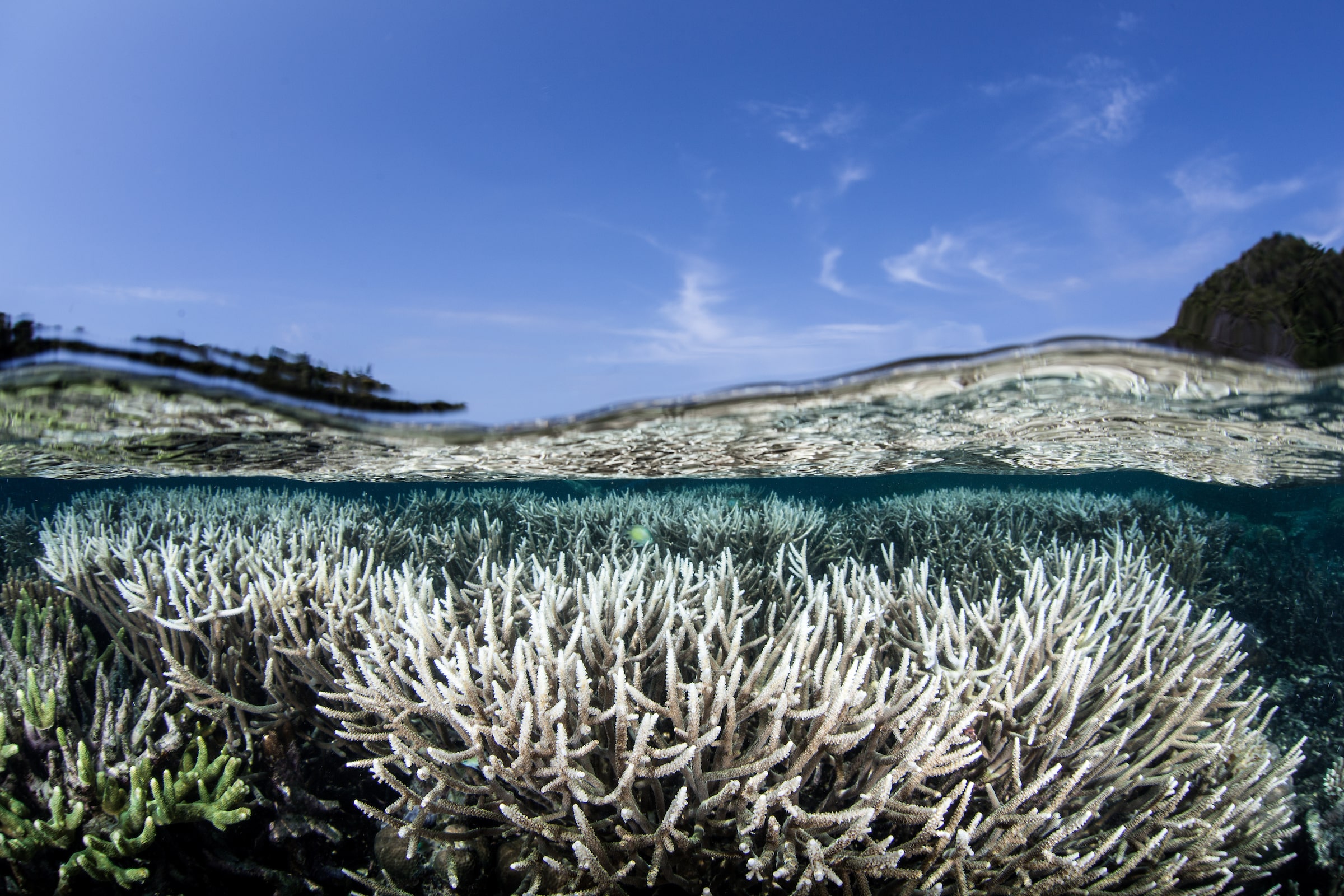Recently, Jean-Gaël “JG” Collomb, CEO of the Wildlife Conservation Network, and Peter Lalampaa, Executive Director of Grevy’s Zebra Trust, shared their hope for global leaders, funders, and policymakers to recognize wildlife conservationists as key contributors to climate change solutions. Climate change is a nuanced, complex crisis, and the effects of this crisis extend far beyond the rise of sea levels and global temperatures. Droughts, wildfires, and extreme weather events are also symptoms of this crisis, and these symptoms affect people and wildlife alike. But too often, the conservationists protecting wildlife and the local people living alongside them are not included or even thought of when discussing climate change.
In order to tackle the climate crisis in the most holistic and effective way, members of the global discussion about climate change must acknowledge that healthy landscapes and wildlife are natural mitigators for climate change. JG and Peter point out examples of elephants as natural ecosystem landscapers, community-based conservationists restoring key habitat to benefit wildlife and people, and the importance of maintaining healthy marine ecosystems to illustrate the tremendous effects that conservation efforts can have to reduce how communities and nature are impacted by global warming.
Local conservationists are critical to addressing the challenges created by climate change, and policymakers must begin including the expertise of field-based conservationists, who understand and are shaping the delicate balance between wildlife and human needs in the face of such challenges, in efforts to protect our planet.
Read the full Mongabay article from JG and Peter about local conservation as a climate mitigation solution.
Support Wildlife Conservation Network


